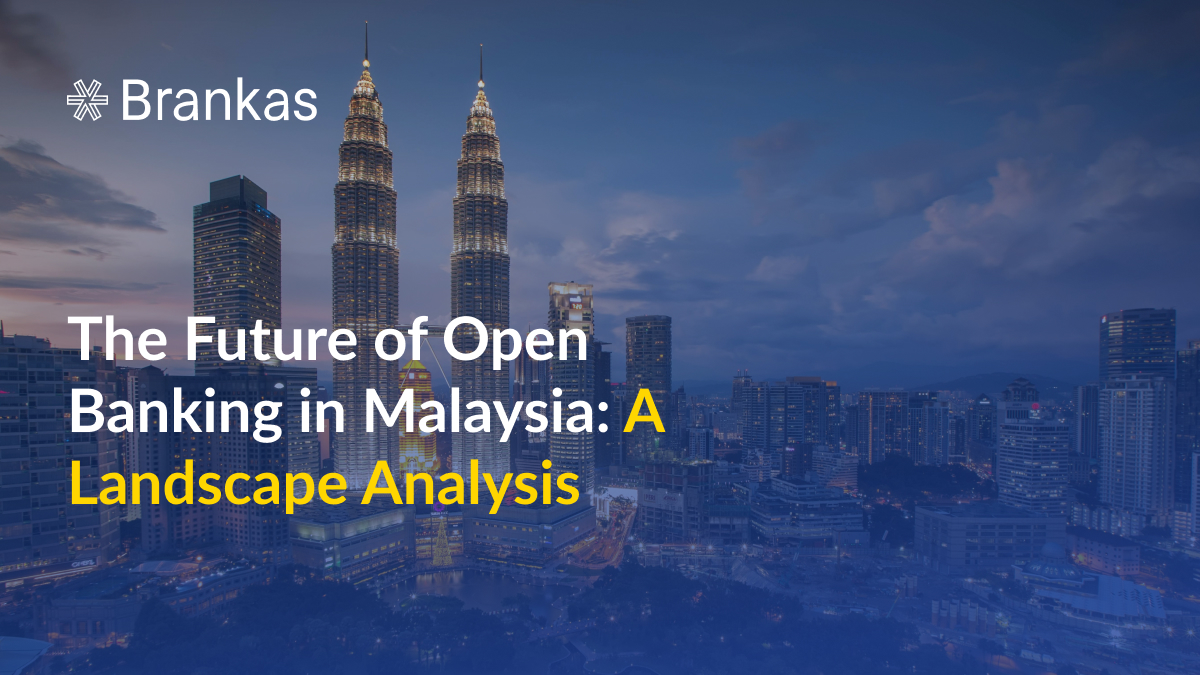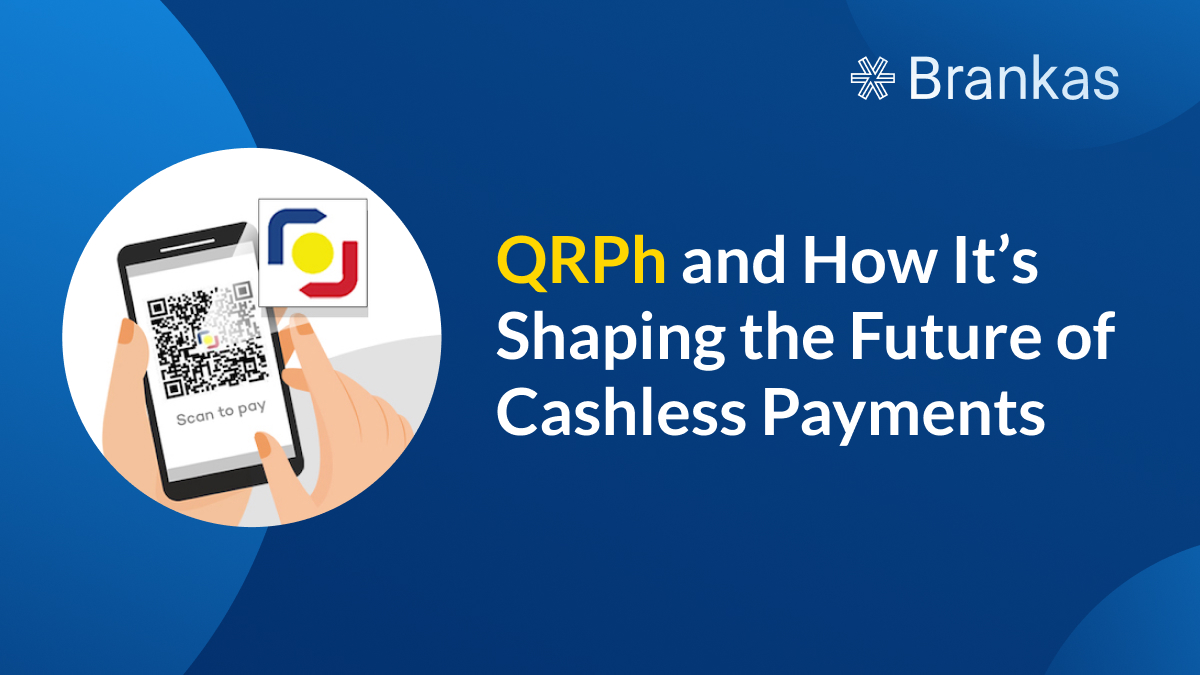Open Banking, a concept that allows third-party financial service providers (TSPs) to access financial data with customer consent, has been gaining traction globally. Malaysia, recognizing the potential benefits of open banking, has made significant strides in implementing related policies. Insights from Brankas’ recent SFA Mission Trip highlight Malaysia’s current and future trends in fintech, further supporting the growth of open banking initiatives.
Timeline of Open Banking in Malaysia
2018: Bank Negara Malaysia (BNM), the central bank of Malaysia, begins exploring open banking concepts and its potential implications for the Malaysian financial sector.
2020: BNM releases the Open Banking Policy Framework, outlining the regulatory guidelines and expectations for banks and TSPs participating in the open banking ecosystem.
2021: BNM launches the Open Banking Sandbox, a controlled environment for banks and TSPs to experiment with innovative open banking products and services.
2022: BNM mandates banks to implement open banking APIs, allowing authorized TSPs to access customer data and offer value-added financial services.
2023: Fintech companies such as Curlec and Soft Space begin to shift towards the open banking concept. Razorpay launches an International Payment Gateway developed for the Malaysian market with Curlec called Curlec by Razorpay.
Key Players in the Malaysian Open Banking Ecosystem
Major Banks: Leading Malaysian banks, including CIMB Bank, Maybank, Public Bank, and Hong Leong Bank, are actively involved in open banking initiatives. CIMB launched their open banking platform called CIMB Developer Portal, which provides developers with access to CIMB’s APIs, allowing them to create innovative financial solutions and services that leverage CIMB’s banking capabilities.
Payment Aggregators: Companies like Fiuu and iPay88 provide payment gateway services and are exploring open banking opportunities to expand their offerings and enhance customer convenience.
E-Wallets: Popular e-wallets in Malaysia, such as Touch ‘n Go eWallet and GrabPay, are leveraging open banking to enable seamless fund transfers and payments.
Tech Vendors: Companies like Finastra, Temenos, Fiserv, MuleSoft, and Apigee are key players in supporting open banking initiatives in Malaysia, particularly in core banking, API platforms, and API management and integration. Finastra and Temenos provide core banking solutions and APIs that drive open banking, while Fiserv offers digital banking platforms. MuleSoft and Apigee specialize in API integration and management, enabling seamless connectivity between banks and fintechs.
Open Banking Initiatives in Malaysia
Account Information Service (AIS): AIS allows customers to view their financial information across multiple accounts from different banks in a consolidated manner.
Payment Initiation Service (PIS): PIS initiates payments directly from users’ bank accounts to third-party providers, simplifying the payment process and eliminating the need for middlemen.
Financial Data Sharing: Open Banking facilitates the sharing of financial data between banks and TSPs, enabling the development of personalized financial products and services.
Open Banking offers several benefits to both consumers and businesses in Malaysia:
Enhanced Customer Experience: Consumers can enjoy greater convenience and flexibility in managing their finances through a wider range of financial products and services. In 2023, Grab launched Malaysia’s first digital bank called GXBank. With linking their GX account to the Grab app, users are able to enjoy convenient banking activities such as updating transaction limits, making direct payments, and viewing account details and transaction history for Grab-related activities. This collaboration enhances the overall user experience by integrating banking and everyday transactions seamlessly.
Increased Competition: Maybank2u and RHB are leveraging Open Banking APIs to offer better personal finance management tools and competitive rates, pushing other banks to innovate their offerings and reduce costs to retain customers.
Financial Inclusion: Open Banking holds a promise to benefit financially less served and more vulnerable segments of the population. Fintech companies can use Open Banking data by offering microloans, peer-to-peer lending, and other financial products to underserved communities.
Innovation: Open Banking fosters innovation by enabling the development of new financial products and services that address the evolving needs of consumers and businesses.
Monetization: There are various ways to generate new revenue streams through Open Banking. Banks can monetize services including payments, card applications, and loan applications by offering these as APIs to third party partners. An API orchestration and developer platform are the primary components that banks require to make this happen.
Challenges and Opportunities
Despite the promising potential of open banking, there are several challenges to be addressed:
Data Privacy and Security: The shift towards Open Banking calls for heightened vigilance in protecting customer data. Recognizing the importance of data security helps foster trust between companies and customers. Our company provides secure Account Information Services (AIS) and Payment Initiation Services (PIS) to help banks build consumer trust in the safety of their data.
Interoperability: Interoperability enables the seamless interaction of two or more platforms, and possibly even of different payment products. Ensuring seamless interoperability between different banks and TSPs is crucial for the success of Open Banking. With Brankas API solutions, banks can overcome interoperability challenges and ensure that different financial institutions and third-party providers can work together effectively. Our standardized Banking-as-a-Service (BaaS) platform also enables banks to integrate their services across various applications, enhancing the overall Open Banking ecosystem.
Consumer Awareness: Raising awareness among consumers about the benefits and how to utilize Open Banking services are vital to build trust and drive demand around Open Banking services.
Wrapping Up
Open Banking is gaining momentum in Malaysia, driven by the central bank’s efforts to foster innovation and competition. Key players in the ecosystem, including banks, third-party service providers (TSPs), and tech vendors, are actively contributing to the growth of Open Banking. Brankas, with its Open Finance Suite, plays a significant role by offering a comprehensive Banking-as-a-Service (BaaS) platform that helps banks quickly launch new financial products and services.
By leveraging Brankas’ APIs, banks can easily connect their core systems with third-party providers, enabling the creation of innovative solutions such as embedded finance and customized open banking platforms. This not only improves the customer experiences but also promotes collaboration within the financial ecosystem. As Open Banking evolves in Malaysia, these solutions promise to enhance financial services, drive innovation, and provide greater benefits to both consumers and businesses


